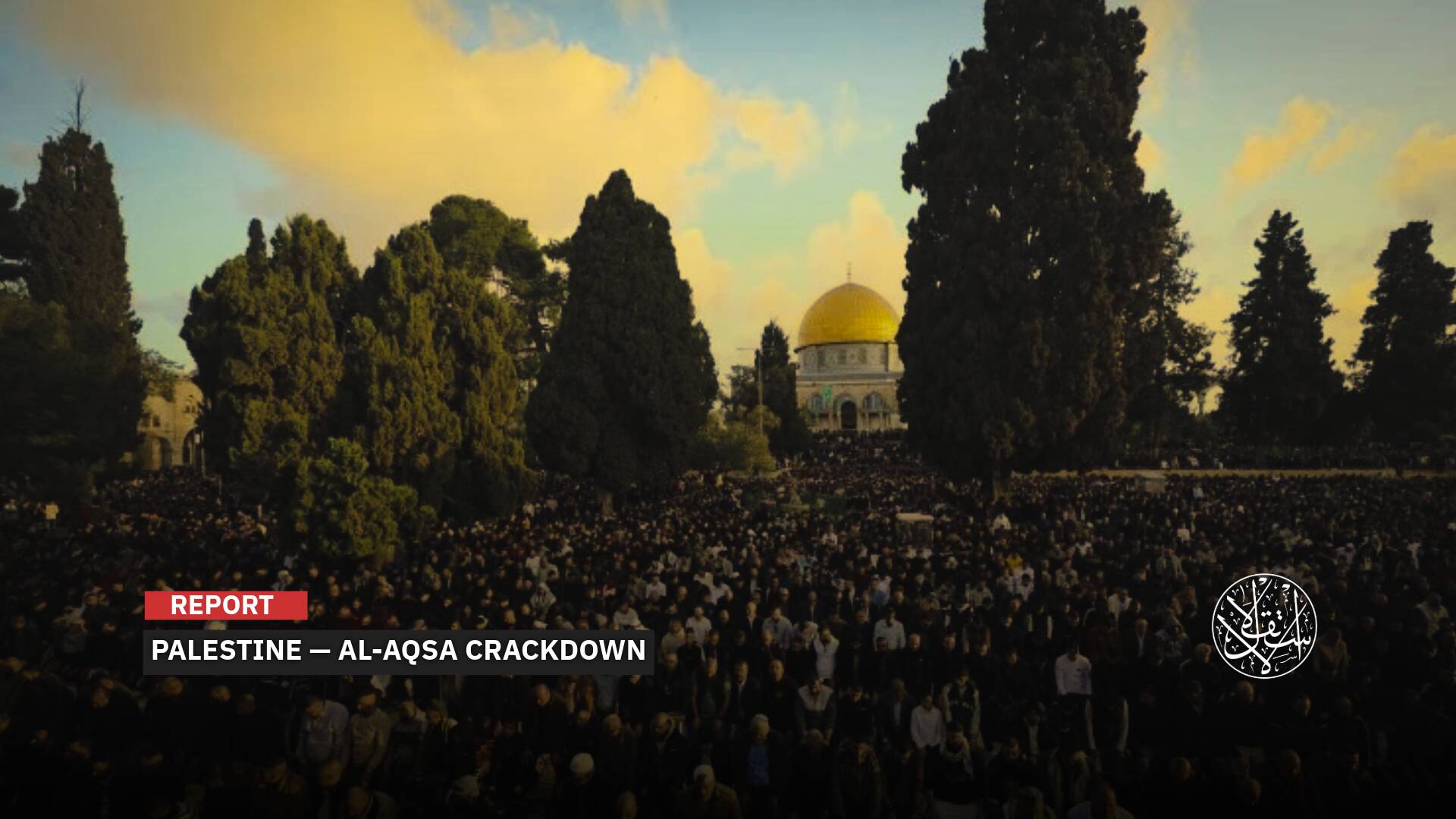Avoiding Concessions: Why Lebanon Is Eager to Improve Its Relationship with Algeria
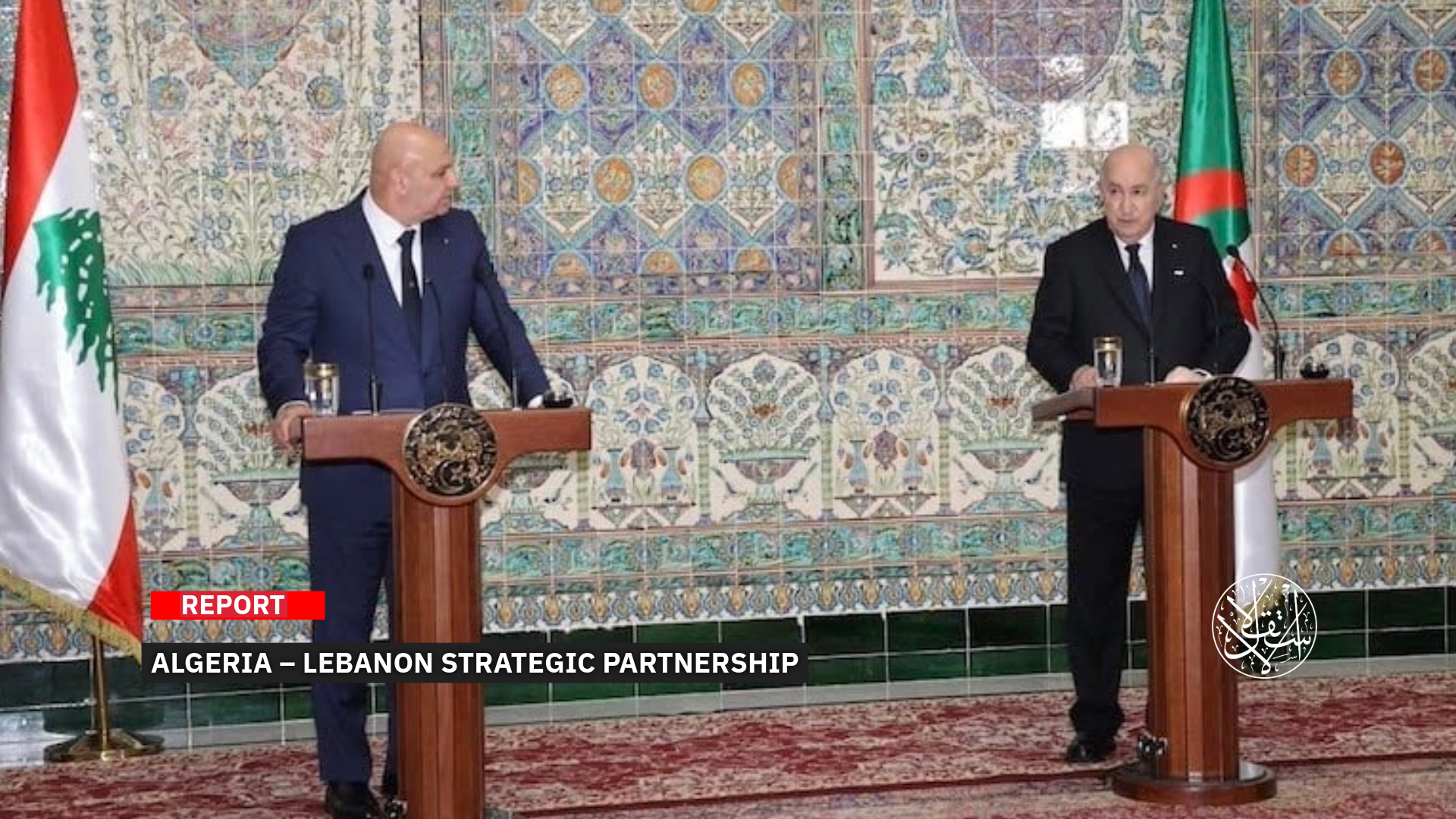
Many countries require Beirut to make concessions before offering help with reconstruction.
Lebanon’s new leadership is seeking to expand its network of Arab relations, turning toward countries beyond its traditional circle of allies, chiefly the Gulf states from which it has long relied on support.
In this context, Algeria has emerged as a supportive player, showing notable flexibility and a willingness to offer assistance at a time when Lebanon is grappling with a severe economic crisis affecting nearly every sector.
Marking the first official visit by a Lebanese president in over 25 years, President Joseph Aoun arrived in Algiers on July 29, 2025, responding to an invitation from his Algerian counterpart, Abdelmadjid Tebboune.
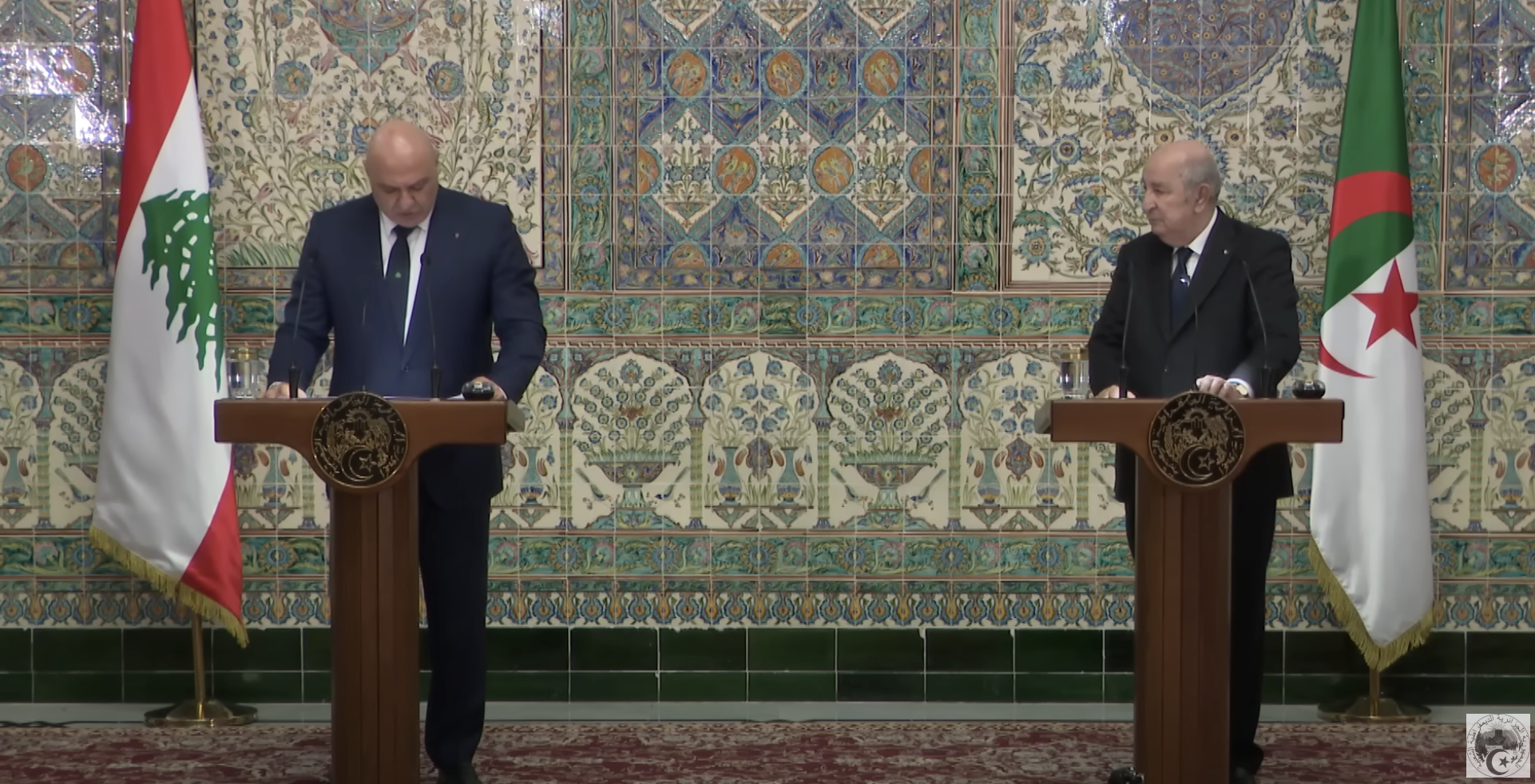
A Notable Visit
During a joint press conference, Presidents Abdelmadjid Tebboune and Joseph Aoun reaffirmed their commitment to strengthening Algerian-Lebanese relations.
Tebboune called for the swift convening of the first session of the Algerian-Lebanese Joint Committee, describing it as a new starting point and a driving framework for productive and sustainable cooperation.
He emphasized the importance of involving business leaders and economic actors through the activation of the bilateral Business Council.
Tebboune also highlighted the need to ensure the continuity of political dialogue between the two countries.
He pointed out that the political consultation mechanism, established in 2002, had only been convened once, and called for its reactivation to maintain coordination on sensitive regional issues.
President Aoun, for his part, expressed Lebanon’s deep appreciation for Algeria’s consistent support.
He praised Algeria’s role in Arab diplomatic efforts aimed at helping Lebanon navigate its crises and resolve its internal and external conflicts.
He described Arab solidarity as essential to Lebanon’s strength, saying it reinforces national unity and protects the country’s sovereignty and independence.
The visit concluded with a decision to reactivate the long-dormant political consultation mechanism between Lebanon and Algeria, which has only convened once since its creation in 2002.
It also brought a pledge of Algerian assistance in the field of renewable energy, including support for building solar power stations and other infrastructure projects.
President Tebboune signaled that a series of agreements are on the horizon, covering financial, economic and cultural cooperation, with signing expected in the near future.
He also announced what he described as an initial gesture of goodwill from the Algerian people to their Lebanese counterparts.
“The waters will return to their course between our two countries,” he said, hinting at a renewed era of diplomatic and practical engagement.
President Abdelmadjid Tebboune announced that he had issued directives for the resumption of Algerian flights to Lebanon within the next two weeks, a move confirmed by Air Algerie, which will begin operating flights to Beirut starting August 14, 2025.
The talks also placed considerable emphasis on Lebanon’s reconstruction efforts following the extensive damage caused by recent Israeli attacks.
The Lebanese delegation presented a detailed memorandum outlining the scale of destruction and the country’s urgent needs.
Among those accompanying President Joseph Aoun was Ali Hamieh, the presidential advisor for reconstruction affairs, underscoring the centrality of this issue in Beirut’s discussions with Algiers.
Speaking to reporters at the airport, President Joseph Aoun said his visit was a reflection of the deep fraternal ties between Lebanon and Algeria, and a reaffirmation of the importance of strengthening cooperation across various fields.
“Algeria has offered Lebanon generous and unwavering support over the decades,” he said, “always present and among the first to stand by us in the most difficult of times.”
Aoun emphasized that the Lebanese people would not forget Algeria’s stance at the UN Security Council during Israeli aggression against Lebanon, nor its swift humanitarian response following the Beirut port explosion in 2020.
He also noted Algiers’ contributions in the form of fuel aid and its welcome of hundreds of Lebanese students in recent years.
Lebanon has suffered significant economic losses since the outbreak of fighting between Hezbollah and “Israel” in October 2023, with damage rippling across infrastructure, housing, and public services.
According to the World Bank’s 2025 Rapid Damage and Needs Assessment (RDNA), the cost of reconstruction and recovery is estimated at around 11 billion US dollars, underscoring the scale of the challenge facing the country as it seeks both stability and international support.
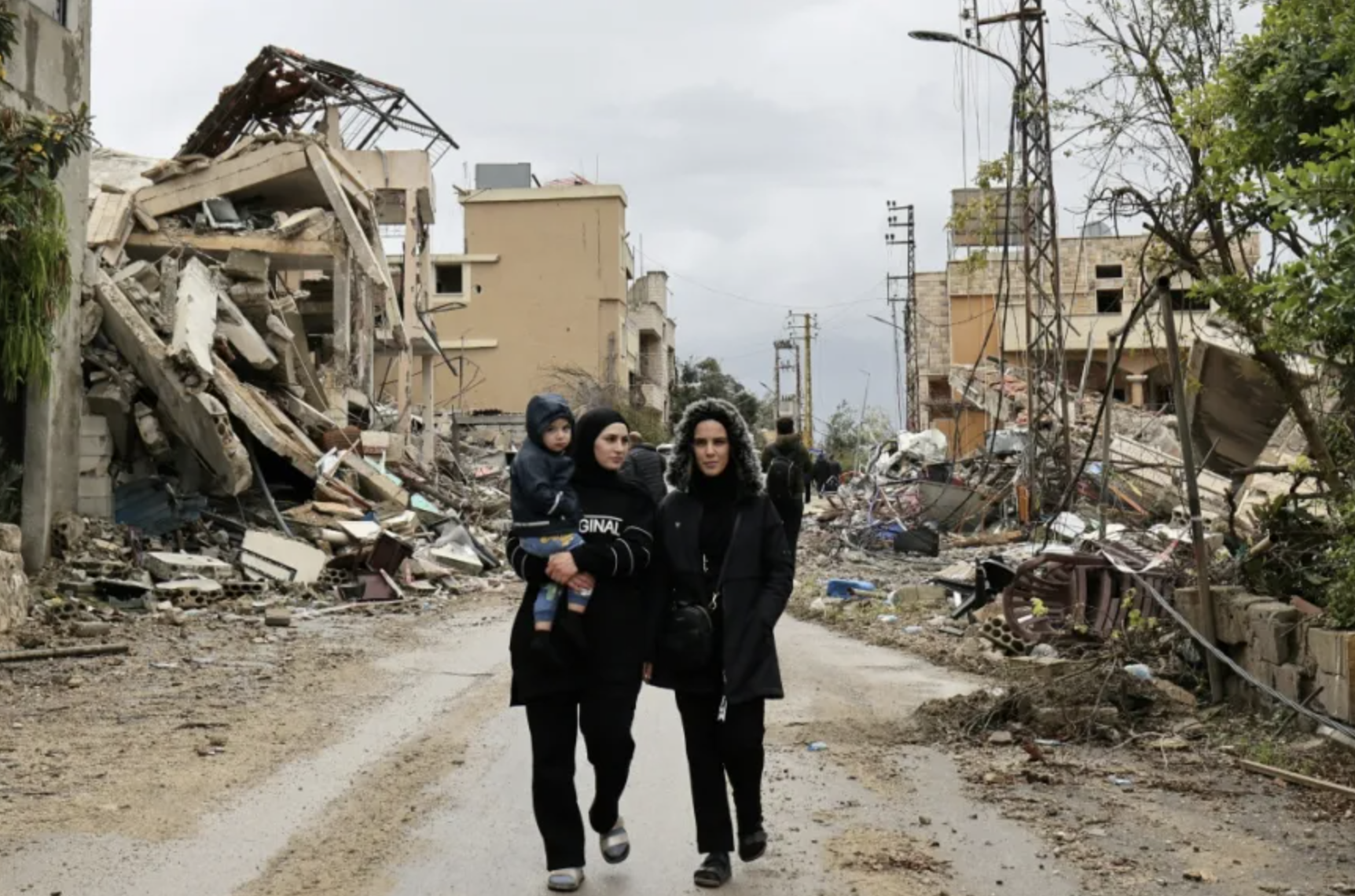
Exceeding Concessions
The relationship between Algeria and Lebanon is rooted in decades of cooperation and mutual support, with Algiers standing by Beirut at key turning points in its modern history.
Algeria notably supported Lebanon during the civil war and the Israeli invasion of 1982, and has hosted multiple rounds of Lebanese political dialogue over the years.
The ties stretch even further back. When the Algerian revolution erupted on November 1, 1954, Beirut, then the cultural and intellectual heart of the Arab world, emerged as a vital platform for the Algerian resistance.
Lebanese media played a pivotal role during that period, amplifying the voice of the revolution and promoting its demands for independence, reinforcing a legacy of solidarity that continues to shape relations today.
President Aoun’s visit holds significant political implications, coming at a time when Algeria has repeatedly expressed its support for Lebanon’s efforts to strengthen stability and achieve economic growth.
Observers note that Algeria is seeking to play a pivotal role in the southern Mediterranean region during this period.
The visit also takes place against a backdrop of mounting challenges for Lebanon, including the recent Israeli aggression and a deepening internal economic crisis that has persisted since 2019.
Some analysts argue that Algeria has a strong interest in positioning Lebanon as a regional pillar, especially following the fall of Bashar al-Assad’s regime in Syria, a longtime ally of Algiers.
There is a view that Algeria aims to help Lebanon avoid collapse and, in doing so, steer it away from a path of normalizing relations with “Israel” in exchange for international aid and reconstruction support.
Lebanon, meanwhile, is seeking favorable terms for oil and its derivatives, viewing Algeria as a potential partner in this area, as well as a source of technical expertise in the electricity sector.
Lebanese journalist Samir Assi told Al-Estiklal that “security, energy, and foreign policy are at the heart of President Aoun’s visit, as Algeria holds significant political weight in the region.”
“Algeria has promised Lebanon assistance with reconstruction following the recent Israeli aggression, especially since many countries condition their support on Beirut making concessions, whereas this Maghreb state has set no such terms,” Assi added.
He also pointed to the possibility of military cooperation, suggesting that Algeria could provide Lebanon with equipment and ammunition to help the Lebanese army fulfil its role in controlling weapons during this critical phase.
Samir Assi pointed out that Algeria could support Lebanon in the energy sector, particularly in electricity production, given its significant reserves of petroleum products.
He predicted that Algeria would likely undertake specific investments in Lebanon’s energy infrastructure, citing its extensive experience in the field.
Algeria possesses vast natural gas reserves estimated at around 4.5 trillion cubic meters, making it the third-largest gas exporter in the region after Qatar and Iran.
This positions Algeria as an ideal partner for Lebanon as it struggles with a chronic electricity crisis.
Previously, Lebanon’s Ministry of Energy outlined an emergency plan stating that the country requires approximately 3,000 megawatts of electricity to meet its current needs.
Algeria has previously expressed its willingness to explore supplying Lebanon with fuel oil or gas at preferential prices or through flexible payment arrangements, particularly within the framework of broader Arab solidarity agreements.
After fuel shipments from Iraq to Lebanon were halted due to logistical issues, according to Beirut, Algeria swiftly intervened to keep the country’s power plants operational.
Following the announcement on August 17, 2024, that Lebanon’s electricity generation stations had ceased functioning, President Tebboune authorized urgent assistance.
On August 22, 2024, the Algerian tanker Ain Akkar set sail for Lebanon carrying an initial shipment of 30,000 tonnes of fuel oil aimed at restarting the country’s power stations.
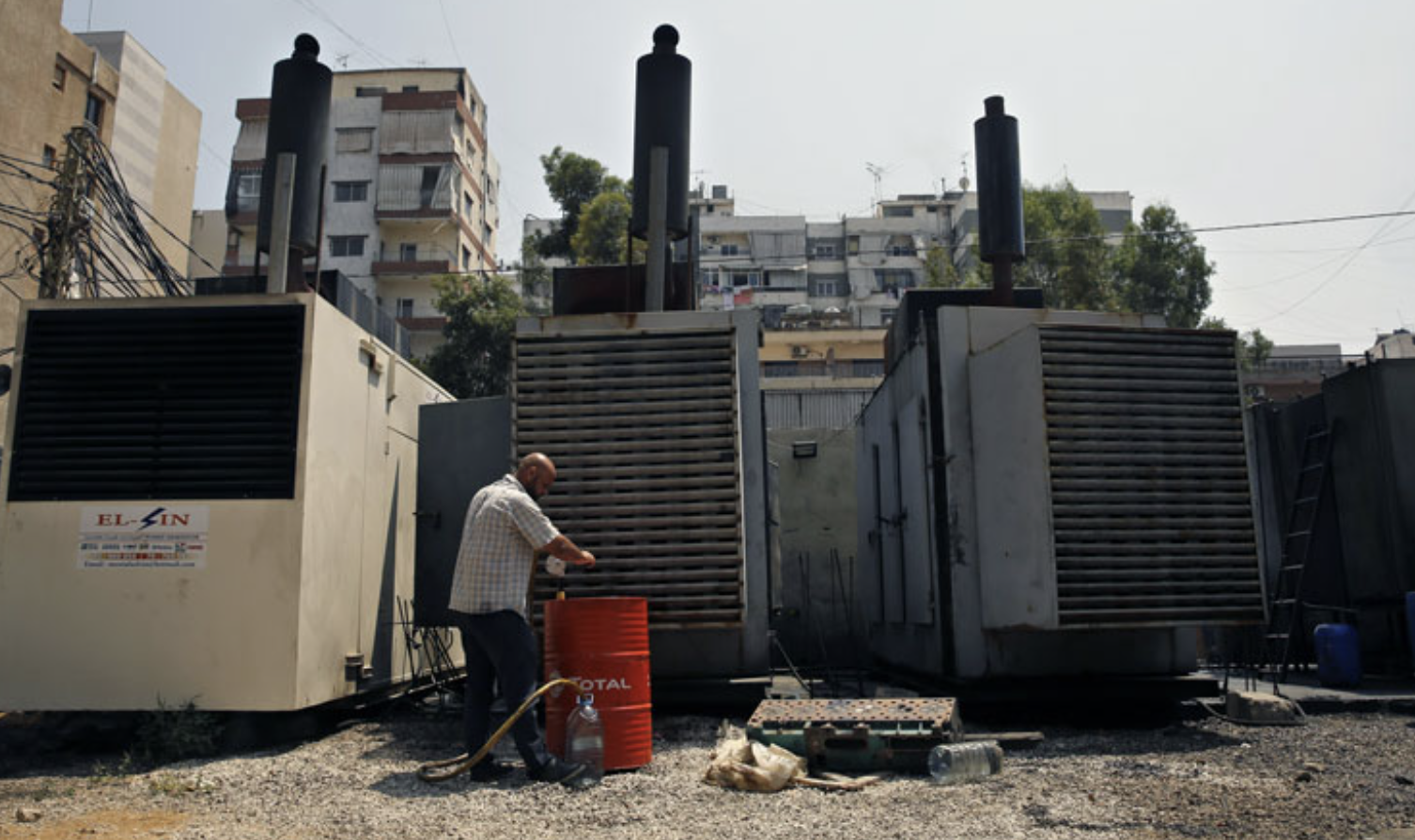
Impartial Mediator
In February 2025, Lebanese President Joseph Aoun praised Algeria’s positions at the United Nations Security Council, highlighting its steadfast support for Lebanon, particularly during recent Israeli aggression.
In an article published on July 30, 2025, Lebanese writer Daoud Rammal noted that “Algeria maintains its Arab and regional weight as a country with an independent stance.”
He added that this was evident in Algeria’s hosting of the Arab League summit in November 2022, where it called for renewed focus on the Palestinian cause and urged support for Lebanon amid economic and sovereignty challenges.
According to Rammal, “In international forums, Algeria has consistently voted in favor of resolutions supporting Lebanon at the Human Rights Council and the UN General Assembly, remaining one of the few countries to avoid entanglement in Lebanon’s internal political divisions.”
Rammal noted that these positions have established Algeria as an “impartial mediator” should the current phase require initiatives to resolve entrenched crises.
Today, President Aoun’s visit to Algeria presents an opportunity to rebuild a strategic relationship grounded in shared interests rather than sentiment alone, he wrote.
“At this critical juncture, Lebanon needs sincere and friendly countries that appreciate its historic position and have the will and capacity to assist without political conditions or regional agendas.”
“Algeria is one of the few countries capable of playing this role, provided the relationship between the two nations receives careful attention and strategic planning,” Rammal concluded.


